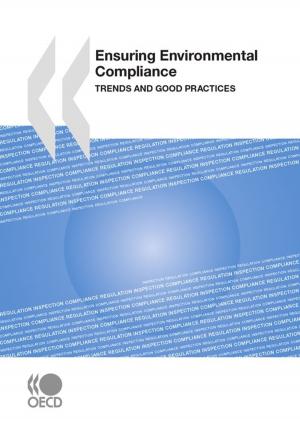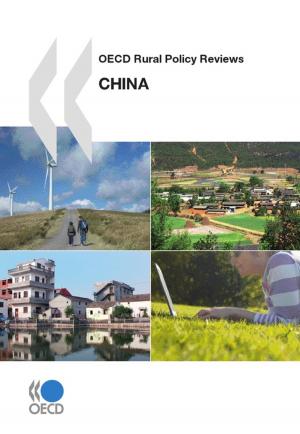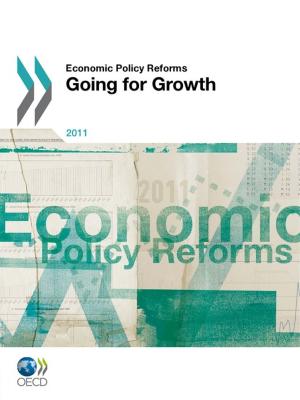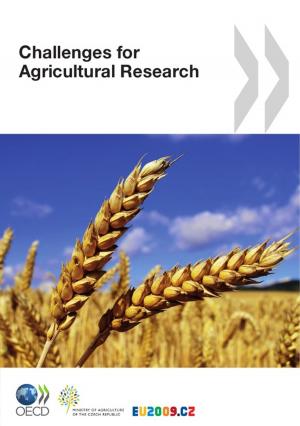Do No Harm
International Support for Statebuilding
Business & Finance, Economics, Economic Development| Author: | Collective | ISBN: | 9789264046245 |
| Publisher: | OECD | Publication: | December 24, 2009 |
| Imprint: | OECD | Language: | English |
| Author: | Collective |
| ISBN: | 9789264046245 |
| Publisher: | OECD |
| Publication: | December 24, 2009 |
| Imprint: | OECD |
| Language: | English |
Despite the best of intentions, donors can inadvertently undermine statebuilding processes. When the resources they deliver or the reforms they advocate weaken rather than strengthen the state’s decision- and policy-making functions, their efforts can do more harm than good. Donors can also do harm by creating a brain drain away from state organisations – for instance, by hiring the most qualified civil servants. When aid is delivered in a way that actually acts as a disincentive to states to consolidate their own revenue base, this can retard the development of the state’s own capacity.
How can donors ensure they do no harm? How can they be sure they intervene constructively in fragile situations? Do No Harm provides practical guidance based on the results of research undertaken on behalf of the OECD DAC International Network on Conflict and Fragility (INCAF). The book is based on comparative case studies of six countries (Afghanistan, Bolivia, Democratic Republic of Congo, Nepal, Rwanda and Sierra Leone) and a comprehensive literature review. It addresses how the interventions of OECD countries may risk undermining positive statebuilding processes, and makes recommendations as to how this may be avoided in the future. Do No Harm is an important source to guide external engagement in situations of fragility and conflict, both at the policy and the field level.
Despite the best of intentions, donors can inadvertently undermine statebuilding processes. When the resources they deliver or the reforms they advocate weaken rather than strengthen the state’s decision- and policy-making functions, their efforts can do more harm than good. Donors can also do harm by creating a brain drain away from state organisations – for instance, by hiring the most qualified civil servants. When aid is delivered in a way that actually acts as a disincentive to states to consolidate their own revenue base, this can retard the development of the state’s own capacity.
How can donors ensure they do no harm? How can they be sure they intervene constructively in fragile situations? Do No Harm provides practical guidance based on the results of research undertaken on behalf of the OECD DAC International Network on Conflict and Fragility (INCAF). The book is based on comparative case studies of six countries (Afghanistan, Bolivia, Democratic Republic of Congo, Nepal, Rwanda and Sierra Leone) and a comprehensive literature review. It addresses how the interventions of OECD countries may risk undermining positive statebuilding processes, and makes recommendations as to how this may be avoided in the future. Do No Harm is an important source to guide external engagement in situations of fragility and conflict, both at the policy and the field level.















